August 26, 2024 – 6:30 AM PDT
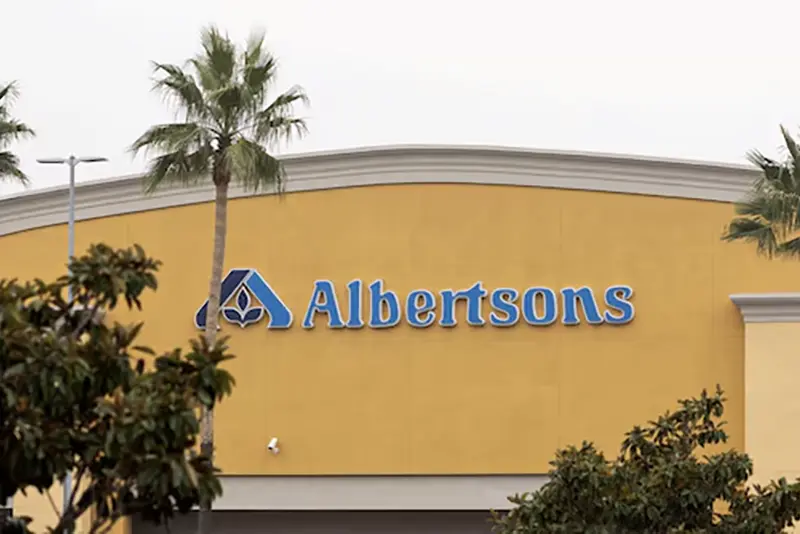 REUTERS/Aude Guerrucci/File Photo
REUTERS/Aude Guerrucci/File Photo(Reuters) – The U.S. Federal Trade Commission will argue Kroger’s (KR.N) $25 billion merger with rival grocer Albertsons (ACI.N) is bad for shoppers and workers when the agency’s lawsuit goes to trial in federal court in Portland, Oregon, on Monday.
Advertisement
The FTC and several states sued to block the deal in February, saying it would eliminate competition between the top two traditional supermarket chains in the U.S., spelling higher prices for consumers and less bargaining power for unionized grocery workers.
The case is a high-profile piece of the Biden administration’s push to lower prices for consumers, and comes as high grocery bills take prominence in the U.S. presidential race between Vice President Kamala Harris, the Democratic candidate, and former President Donald Trump, her Republican opponent.
It is also a key test of FTC Chair Lina Khan’s initiative to use antitrust law to boost wages and mobility for workers.
The trial is expected to last around three weeks and feature evidence about how major grocery retailers and smaller rivals set prices and view competition in the industry.
Kroger and Albertsons are asking U.S. District Judge Adrienne Nelson to let the deal proceed, saying the tie-up is necessary to compete with multinational corporations like Walmart (WMT.N), the largest grocery retailer in the U.S., bulk shopping mainstay Costco (COST.O) and Amazon.com (AMZN.O), which owns Whole Foods.
The two companies say the lawsuit’s focus on traditional supermarkets ignores that consumers typically shop for food at a variety of locations including big-box stores like Target (TGT.N) and dollar stores such as Dollar Tree (DLTR.O).
Kroger has said it will sell 579 of the approximately 5,000 stores it would own if the deal is allowed to go through. Part of the trial will focus on whether buyer C&S Wholesale Grocers can successfully run them.
Kroger has also pledged to lower grocery prices by $1 billion after the merger.
Retailers use multiple levers to lower prices, including negotiating better deals with suppliers, investing in automation in the supply chain or changing the way they label and package products.
Although Kroger said it could not provide more specifics on the details of the price investments, a source familiar with the matter indicated that the reductions will likely focus on essential and high-demand items first.
“It’s not going to be peanut butter spread, for instance, initially, but targeted on across a wide range of staples,” the source said.
Arizona, California, Illinois, Maryland, Nevada, New Mexico, Oregon, Wyoming and the District of Columbia are pursuing the case alongside the FTC.
Washington and Colorado have filed their own lawsuits to block the merger. The lawsuits are scheduled to go to trial after the Oregon case.
The states all have Kroger and Albertsons locations.
Reporting by Jody Godoy and Siddharth Cavale in New York; Editing by Matthew Lewis
Advertisements below

 German (DE)
German (DE)  English (US)
English (US)  Spanish (ES)
Spanish (ES)  French (FR)
French (FR)  Hindi (IN)
Hindi (IN)  Italian (IT)
Italian (IT)  Russian (RU)
Russian (RU) .png) 3 weeks ago
3 weeks ago
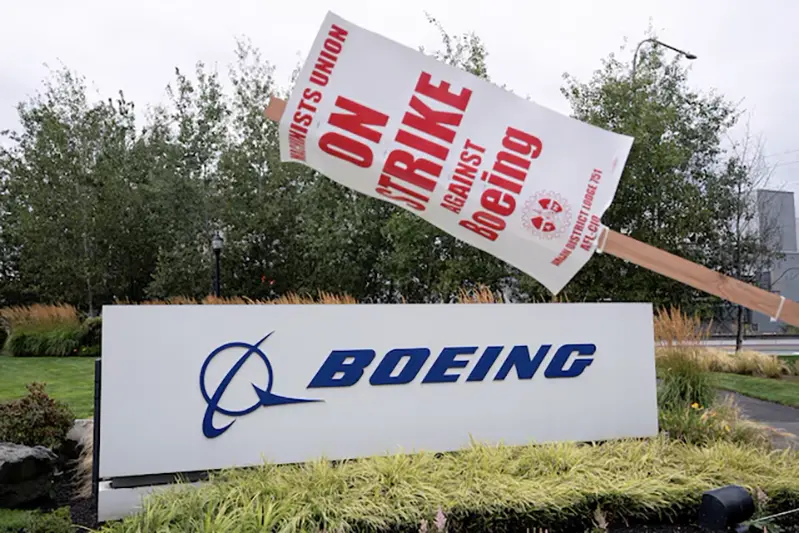
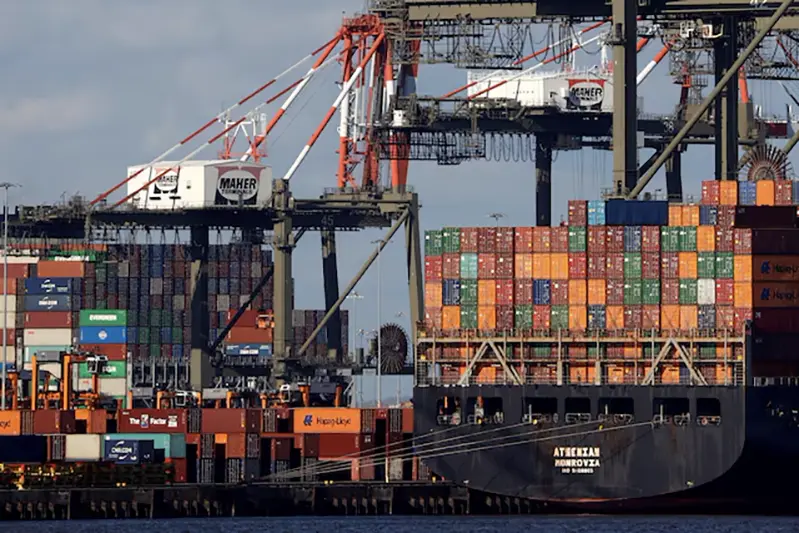
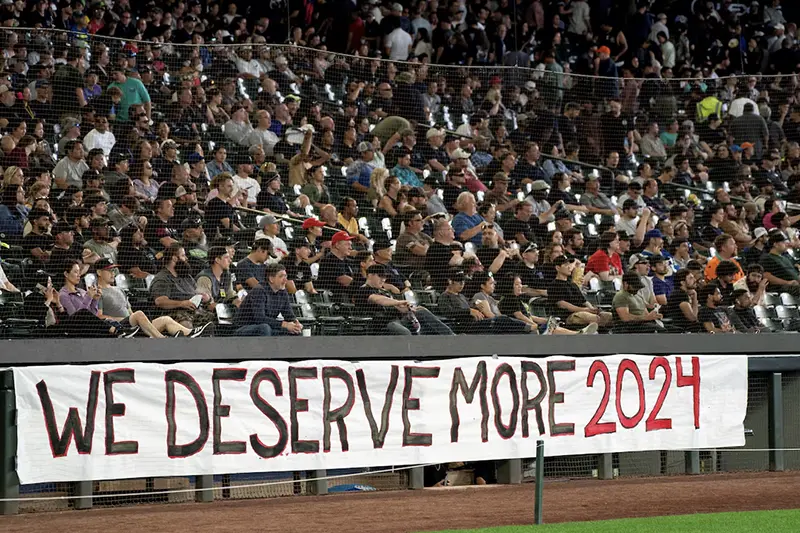
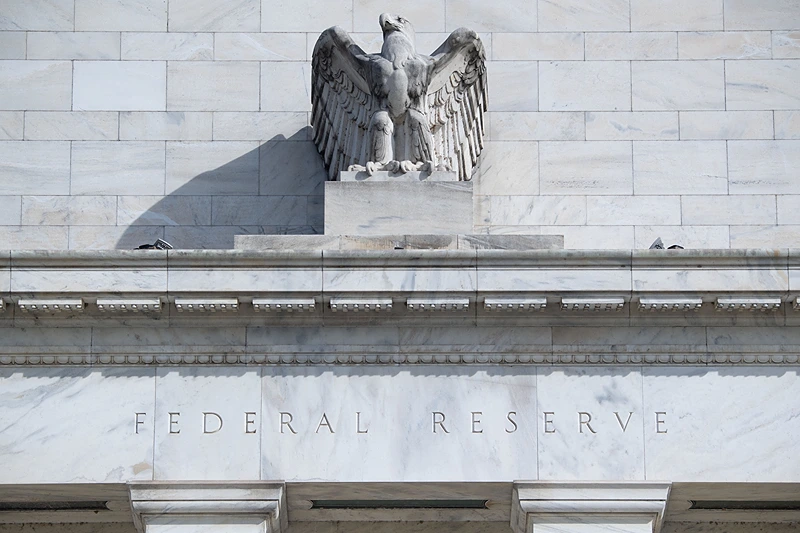

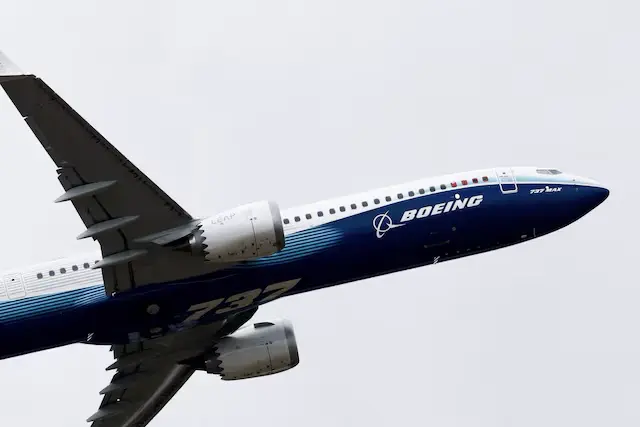
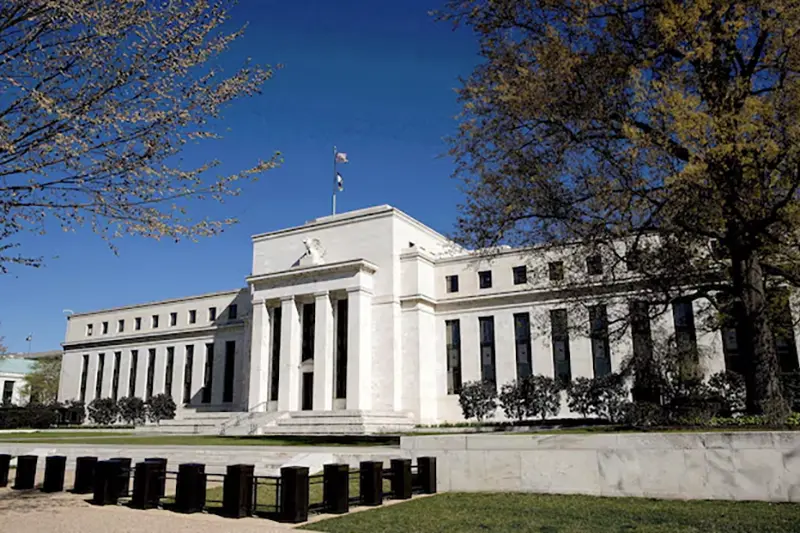
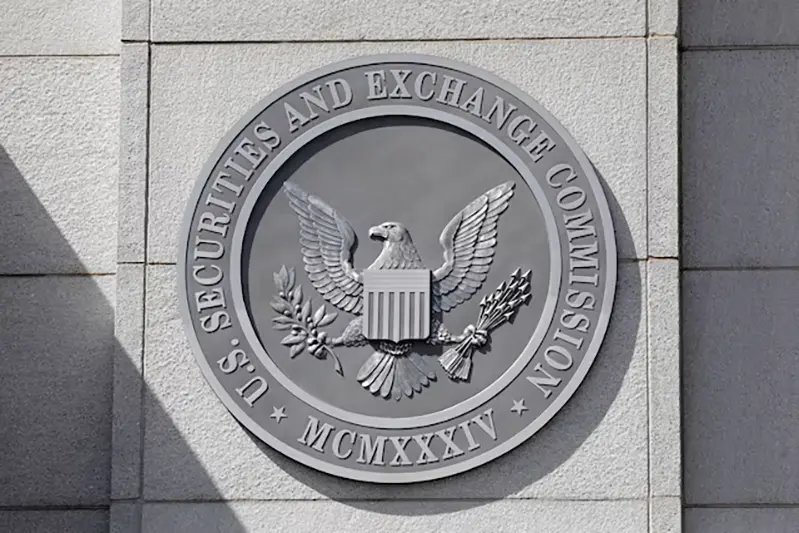

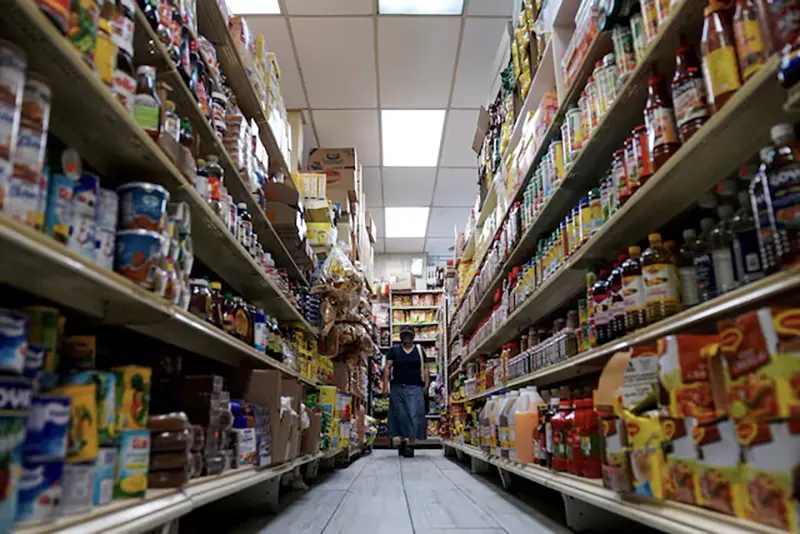

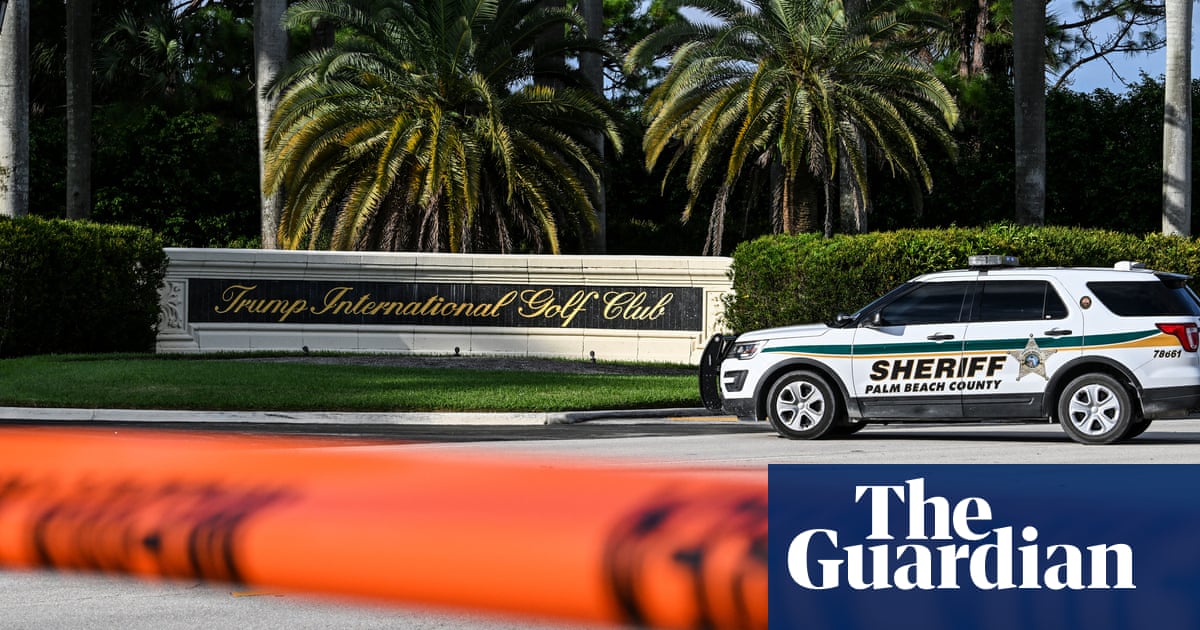



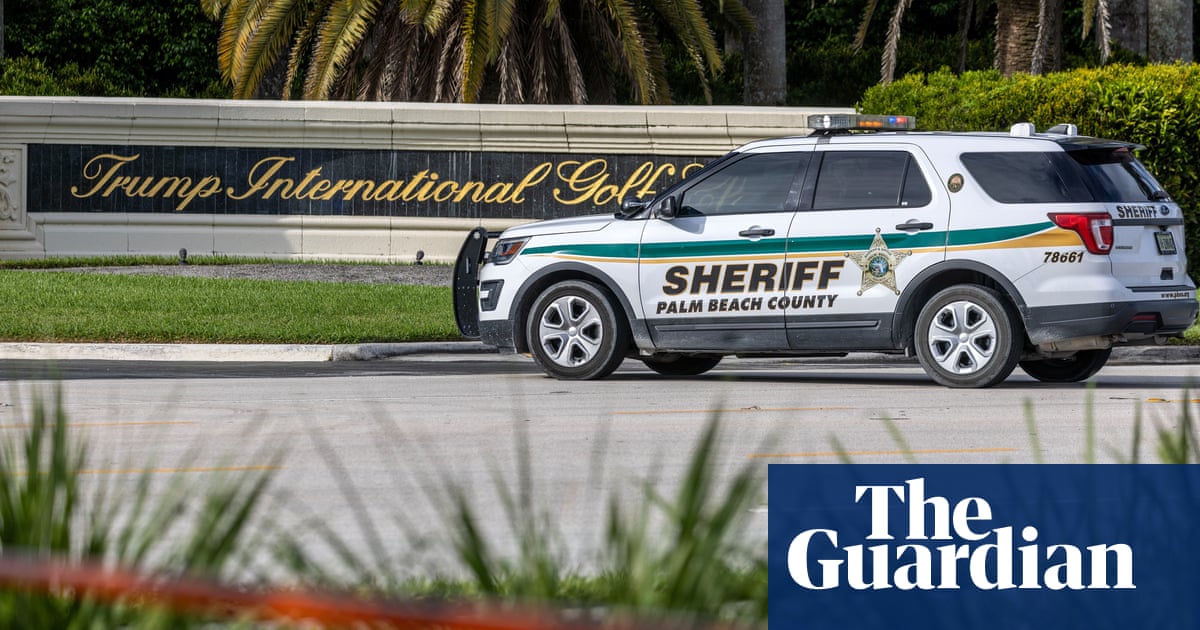






Comments